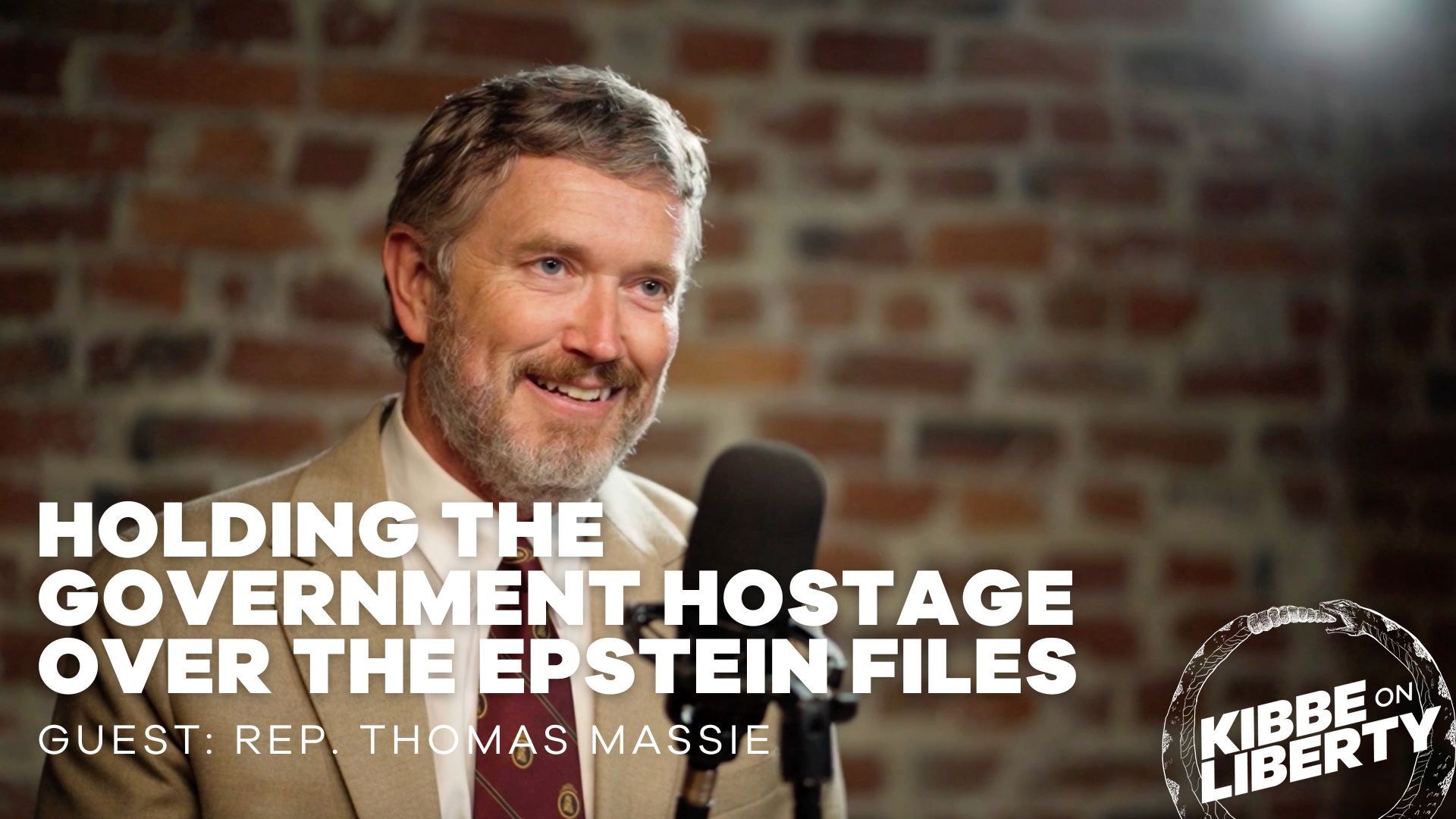
What Must Be Done Now
In What Must Be Done, Hans-Hermann Hoppe provides a plan that could bring about “the restoration from the bottom-up of private property and the right to property protection; the right to self-defense, to exclude or include, and to freedom of contract.” Hoppe encourages the reader to quit devoting resources to national elections and, instead, to focus on the other extreme—“sufficiently small districts, where a pro-private property candidate and anti-majoritarian personality can win.” However, since “a pro-private property, anti-majoritarian personality” is an inherently threatening figure, from the State’s perspective—Ross Ulbricht, Schaeffer Cox, Cody Wilson, etc.—there exists a different method that can bring about Hoppe’s “bottom-up revolution” without the anti-statist risking persecution, imprisonment, or death. The ballot initiative meets Hoppe’s specification for “the use of democratic means for non-democratic, libertarian pro-private property ends.” If the reader lives in an area that allows the voter the ability to launch a ballot initiative—and it need not, and should not, be a statewide initiative—you can begin implementing Hoppe’s strategy right now.
No, this is not an unattainable fantasy; on the contrary, there is already, what some might disparagingly refer to as “impossible,” an anti-centralized-control initiative underway in Denver. On the 7th of May, “voters of the City and County of Denver” will decide whether to decriminalize the use of psilocybin mushrooms. Like marijuana, ‘shrooms are on the federal list of Schedule I drugs, and, like the majority of voters in the states that have legalized marijuana in one form or another, many voters in Denver will choose to legalize their defiant rejection of illegal, centralized control. If Initiative 301 passes next month, will the federal government throw the county’s 704,000+ inhabitants in a cage? They could try, but the combination of a well-armed society and ubiquitous social media does not bode well for any authoritarian. Ludwig von Mises foresaw this in 1957, writing in Theory and History, “In the long run even the most despotic governments with all their brutality and cruelty are no match for ideas.” Those who deny the efficacy of this type of approach almost always invoke examples from the past to bolster their cynical claims, but because their examples are from the pre-Information Age, they are as irrelevant as they are hopelessly statist. Those behind Decriminalize Denver provide the text of their initiative which can be used as a template for a Hoppean revolution.
Instead of decriminalizing a substance, the Hoppean initiative could officially recognize the city government as a criminal monopoly while simultaneously decriminalize competition. What does that imply in the low-public-sector, pro-individual town that Hoppe envisioned? Compulsory funding for citywide, government programs will now be illegal, and entrepreneurs will now be able to offer goods and services that compete with the former, government services. For example, a public school will immediately lose its budget, meaning it will be forced to operate like any business; it could be a charity or a for-profit enterprise, but whichever the business structure, the school will now operate solely on voluntary transactions, whether they are charitable gifts or payments from parents. Administrators will likely lose their jobs, as the tight budget will likely have room for teachers alone. Gone will be the days of forcing everyone to pay for one’s child’s education. Demand for slots at existing private schools will skyrocket, incentivizing entrepreneurs to offer new ways in which students can learn. One-room schools might experience a revival, and interest in homeschooling will definitely increase, thanks in no small part to the ease in which one can learn via the internet. The other two, major State monopolies that Hoppe describes—protection and justice—will be terminated in a similar manner.
Instead of waiting weeks or months for a court date with the town’s sole judge, both the plaintiff and defendant will now be able to agree upon seeking judgement from a private judge. The State judge will still be able to work, but it is his budget that will disappear. Like the public school teachers, the judge will now have to compete with new entrants into the justice market. This same market-liberation effect will take place in the protection market. Again, police will still be able to work, but they will no longer be able to shake down the communities they allegedly serve. “But there’d be madness in the streets,” you might protest, but you need not carry that worrisome burden. Instead of waiting for an inordinate amount of time after dialing 9-1-1, one could dial a number to a competing protection service. Or, depending on the level of crime, there might be roaming, private protection agents that could be summoned as easily as a driver from a ride-hailing application. Your author does not expect a Hoppean revolution to take place in Austin, but assuming it did for the sake of argument, if you were in a bind, would you rather call the police or Defense Distributed? What if there were seven ‘Defense Distributeds’? The more choices from which to choose, the lower the response time, the higher the quality, and the cheaper the service will be—just like what is found in any free market with uninhibited, voluntary exchange.
With those three State monopolies gone—education, justice, and protection—individuals can more easily devote their resources toward enhancing access to electricity, sanitation, mobility, and information. The revolution will be the easy part; it is the evolution that will be difficult. However, with Moore’s Law still in effect, a Hoppean revolution has never had a better chance of succeeding—a statement that will be increasingly true with each passing day. With private energy, transportation, and information providers progressively penetrating State monopolies, the same can be expected with sanitation and drinking water. Last year, the Gates Foundation launched an expo in Beijing “showcasing new pathogen-killing sanitation products that don’t require sewers or water lines,” meaning future toilets will not rely on government waste-water treatment plants, and companies like Watergen are literally producing water from air. When your statist friend professes the State’s necessity, there is no reason to believe a Hoppean revolution is strictly theoretical. The fact that this can happen now should leave your friend asking, “Why do we tolerate such mediocrity from the State?” From Hoppe’s What Must Be Done: “Once the number of implicitly seceded territories has reached a critical mass, and every success in one little location promotes and feeds on the next one, it will become inevitably further radicalized to a nationwide, municipalization movement, with explicitly secessionist local policies and openly and contemptuously displayed non-compliance with federal authority.” Not convinced? Murray Rothbard should ameliorate your concerns. What must be done must first begin—now.
This article originally appeared on Uncle Nap.
Free the People publishes opinion-based articles from contributing writers. The opinions and ideas expressed do not always reflect the opinions and ideas that Free the People endorses. We believe in free speech, and in providing a platform for open dialogue. Feel free to leave a comment.



